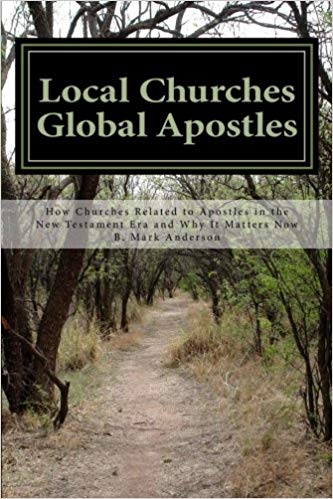Visitors generally like our church. We have inspirational music and singing led by sensitive worship leaders. Sermons are usually practical and helpful. (I’m no Charles Spurgeon, nor even a Joel Osteen, but I do preach the word of God from my heart.) We have a food table filled with goodies, not just the usual coffee and donuts. We have cheese, grapes, bananas and sometimes other fruits like strawberries. It’s yummy stuff like yogurt, bread, butter and jam. There’s something for every taste.
Best of all, the people of the Church of the Living Water tend to be very welcoming. One of our mottos is “No one sits alone.” Most members are good to talk with visitors both before and after meetings.
Guests are often impressed with a happy welcome and comment favorably. We hear, “I really liked the music!” or “This is wonderful church.”(Oh, yes, we get other comments too, mostly from ultra-conservatives who think God is angry with His children.)
Last Sunday I received the finest compliment ever from a first-time visitor. Here’s the background. In adult Bible Class which the visitor attended, we studied the Bereans of Acts 17:10. The Bible class leader encouraged us to be like the noble Bereans who “received the word with great eagerness, examining the Scriptures daily to see whether these things were so,” rather than simply take whatever Paul dished out as divine truth.
It was a good study, but at the end I felt something was missing. Why do some Christians have so much correct doctrine, yet are so far off that many people don’t want to be around them? Why did the Pharisees of Jesus’ day get so far off that Jesus had to oppose them more than any other group? After all, they were the conservatives, the most dedicated “Bible-believers” of their time. The Pharisees knew the Savior was to be born in Bethlehem, yet they missed the Messiah!
Something more than Bible truth is needed. Something more than accurate information is required.
I mentioned that we need humility. My comments went along this line, “None of us are perfect. I as a pastor could be wrong, and may well be wrong in some areas. No church or denomination has it all. We all need to learn and grow. We need to have confidence in what we believe, yet allow others to see some things differently. Grace and humility win the day. When we get to heaven, God will straighten us all out.”
After the Bible class, the visitor remarked, “Because of my husband’s job we have moved a lot. We have visited many churches in many cities. You are the first pastor I’ve ever heard who admitted he could be wrong!”
I took it as the best compliment I’ve ever heard from a first-time visitor.





